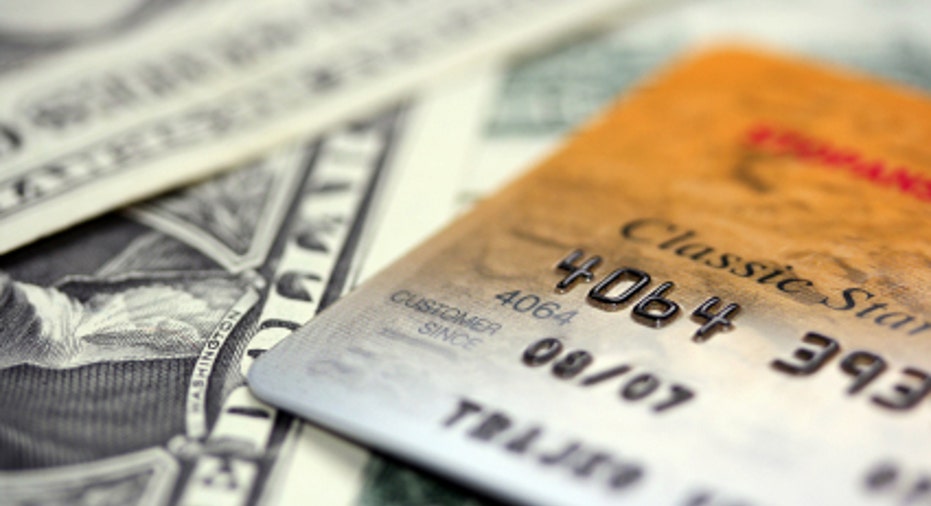Turned Down for Secured Card. Now What?

Dear Opening Credits,
I was turned down even for a secured card, which everyone tells me is for people like me who are trying to rebuild credit. Now what? A brick wall and me have met up and it's winning. No one wants to help, no one wants to give me a break. Everywhere I turn I get the door slammed in my face. I get calls day and night. Yes, I made mistakes, but should I be punished forever? Should I give up and do bankruptcy and forget trying? Banks don't care about the little guy, so maybe I shouldn't care about the banks.
- Hank
Dear Hank,
You're right. Banks don't care about you, or me or anyone else. Why? Because they are not people but financial institutions, so they don't possess any human emotions. The people who work in them, however, do -- and very often they want to help their customers.
They aren't the only people who might be concerned with your financial well-being. So before you march off to bankruptcy court, I implore you to explore other options.
First, let's address why you might have been rejected for a secured credit card. It's true that these products are easier to qualify for than your typical unsecured card, but there's still no guarantee the issuer will take you on as a customer. Applicants still need to meet the issuer's criteria, which probably includes bringing in some sort of income and having enough cash to set aside in the special savings account that collateralizes the credit line.
Credit scores, too, come into play for secured cards. Even though the issuer may be more forgiving with the numbers than they would for unsecured cards, if yours are extremely low, you may still be rejected. The most commonly used scoring system is FICO, and it rates payment history and credit utilization as the most important factors. So if you have a long pattern of letting your accounts go delinquent, have many accounts in collections or owe a lot of money, your scores will be too poor to qualify.
So does that mean you ought to just give up? Not before trying to fix the problem first. If you repay your debts -- even if they're in collections -- your credit history and your scores will improve. It won't erase the fact that you didn't deal with them the right way in the first place, but a satisfied balance always looks better than one that's outstanding.
After that, you'll probably have repaired the damage enough to be eligible for a secured credit card. Once you have that, charge a little each month, but pay the balance off in full and before the due date. That's all it takes to create what you want: a healthy credit history. After seven years, most negative items will be removed from the report, and no one will be the wiser.
Now for the assistance you want. I've always been a big proponent of credit counseling agencies. The nonprofit agencies are often excellent, and at the very least they'll give you support and information. Appointments are even free. Don't expect them to take over your obligations, though.
The repayment program offered by most credit counseling agencies is primarily for accounts still with the original creditors, so be prepared to let them work with you to develop a budget and review your rights and responsibilities regarding collection agencies. I presume those are the people who are calling. I would suggest contacting an agency near you that is affiliated with either the National Foundation for Credit Counseling or the Association of Independent Consumer Credit Counseling Agencies.
As a preview, know that the Fair Debt Collection Practices Act is a federal law that restricts the way third-party collectors contact you. For example, they can only call you between 9 a.m. and 9 p.m. They can't swear, harass or lie. You also have the right to not talk. If you prefer, you can conduct all communication by mail.
And bankruptcy? Well that's there for you as well, but only if you truly need it.
See related: FICO's 5 factors: The components of a FICO credit score, 4 ways to build credit without a credit card



















